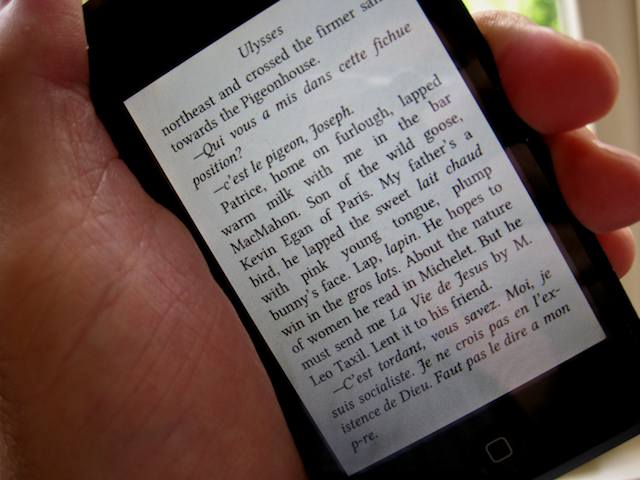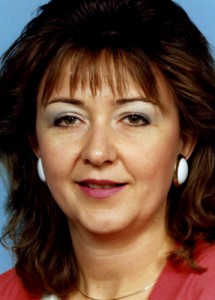The controversy over Robert Capa’s famous war photograph has re-ignited. Fascinating account in today’s Observer about it.
Capa’s dramatic “The Falling Soldier”, the photograph of a Spanish militiaman being killed by a bullet as he charges down a slope, was taken miles away from where the civil war was being fought at the time, according to a university lecturer, José Manuel Susperregui.
Susperregui, who teaches communications studies at the University of the Basque Country in northern Spain and specialises in photography, has analysed a series of pictures taken by the Hungarian-born war photographer and claims to have discerned a common countryside in the background. He claims that the real location of ‘The Falling Soldier’ is far away from the Cerro Muriano front where Capa claimed that the picture was taken.
Susperregui’s research, published in his book Sombras de la Fotografía, provides compelling evidence that ‘The Falling Soldier’ was photographed in Llano de Banda, an area of countryside close to the small village of Espejo, southern Spain, some 25 miles from Cerro Muriano…
Although the land itself, which was arable when Capa was there, has had olive trees growing on it for the past three decades, the skyline created by a nearby set of hills closely matches that of the celebrated war photographer's own pictures.
"The landscape around Cerro Muriano looks nothing like that in the photographs," said Susperregui. "I have no doubt that this was taken in Llano de Banda."


